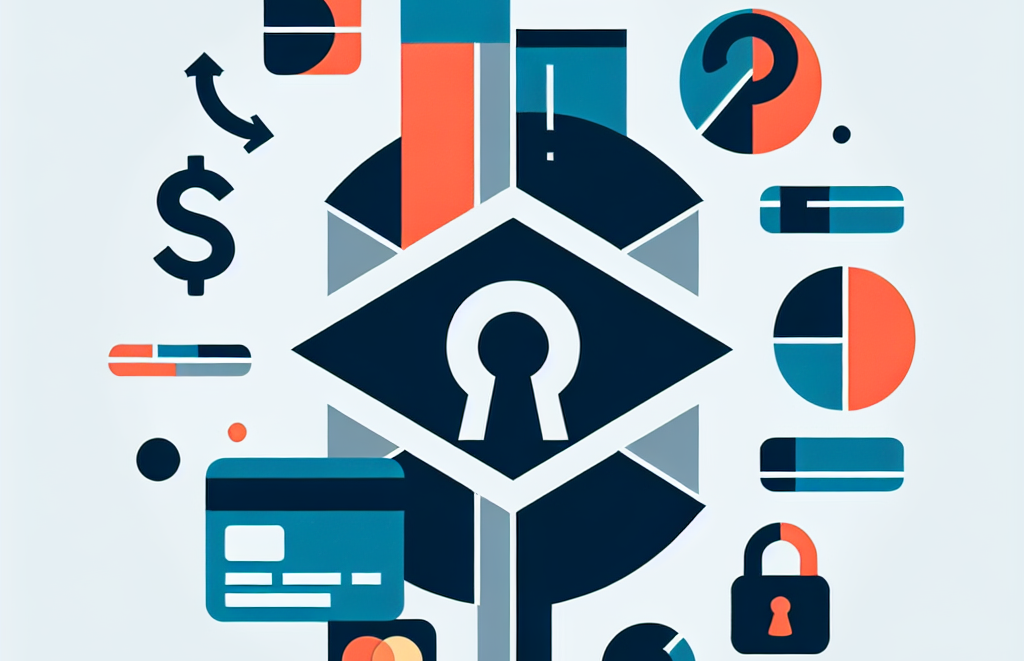
When Free Isn’t Free: The Truth Behind Zero-APR Credit Cards
Who Really Benefits from Your Bank Fees? The Hidden Cost of Convenience
Let’s play a quick game: when was the last time you read the fine print on your checking account? If your answer rhymes with “never,” you’re in the majority. But darling, as someone who treats a financial statement like her morning espresso—necessary, powerful, and potentially bitter—I’m here to tell you: your bank fees aren’t just nuisances. They’re hidden taxes on trust, disguised as “convenience.”
I’m Eleanor “Ellie” Cartwright, and I’ve spent the last two decades peeling back the polished veneer of the financial sector. Today, we’re busting open the truth about bank fees—who they really serve, why they persist, and how you can fight back without trading in your debit card for a torch and pitchfork.
The Fee Frenzy: How Banks Turn Trust Into Profit
Banks weren’t always fee factories. Once upon a time (cue black-and-white footage), financial institutions made money primarily through interest—earning on loans what they paid back in deposit interest. But as the margin between those numbers narrowed, banks got creative.
Enter the Era of Fee-Based Banking
Overdraft penalties, monthly maintenance charges, ATM fees—these rapidly became the norm. According to a 2023 report from the Consumer Financial Protection Bureau (CFPB), Americans paid over $11 billion in overdraft and non-sufficient funds fees alone in a single year. That’s not a typo—it’s a billion, with a “B.”
So, what exactly are you paying for? Sometimes it’s a reminder that you’ve dipped below a balance threshold, or the convenience of using a different bank’s ATM. But increasingly, these fees aren’t about services rendered. They’re about uncaptured revenue turned passive profit. It’s not just about banking anymore—it’s business, sweetheart.
The Most Common Bank Fees—And Who Really Benefits
1. Monthly Maintenance Fees
You’re being charged simply for keeping your money somewhere. Banks justify this by citing account management services. In reality, many of these processes are automated. These fees benefit the bank’s bottom line more than any operational necessity.
2. Overdraft and NSF Fees
This one really gets my typography in italics. Overdraft protection sounds helpful—until you’re charged $35 for a $4 coffee because your balance dipped while auto-pay hit. Predominantly affecting low-income and vulnerable consumers, these “penalties” become profit-generating mechanisms that target those least able to absorb them.
3. ATM Fees
Oh, the irony of paying to access your own money. Non-network ATM fees can average $4 or more per transaction—and both banks involved often take a cut. This double-dipping arrangement is rarely about logistical costs and more about leveraging consumer dependence on cash access.
4. Early Account Closure Fees
So you don’t love your bank anymore. Too bad—you might get charged for breaking up too fast. Some banks impose fees if you close an account within 90–180 days of opening it. It’s a subtle nudge toward complacency masquerading as a penalty.
The Vulnerable Pay the Price—Over and Over
The cruel twist? These fees disproportionately impact the consumers who can least afford them. Studies show that low-income and minority populations pay a higher percentage of their incomes in bank fees. It’s a form of regressive financial penalty baked into the system.
According to the Financial Health Network, nearly 1 in 4 U.S. households are considered financially vulnerable, and these same consumers are more likely to rely on high-fee banking products or services. They’re “paying for access” in the same way that others take it for granted—only it’s costing them significantly more.
But Why Don’t Regulators Step In?
Wonderful question, darling. Bank fee regulation is a cat-and-mouse chase between federal oversight and clever corporate workarounds. Agencies like the CFPB have made commendable strides, most notably advocating for the reduction—or outright elimination—of junk fees.
But as they say in Washington: for every new regulation, there’s a team of lobbyists ready with a rewrite. That’s why advocacy matters. If you’re curious about our fight for financial equity, visit our About Us page and join the dialogue.
Steps You Can Take to Avoid or Reduce Bank Fees
You don’t have to upend your financial life. Sometimes, it’s about small strategic shifts that add up over time. Here’s how to start:
- Opt out of overdraft protection: It feels counterintuitive, but without it, your card gets declined instead of triggering a fee. Embarrassing? Maybe. Expensive? Not anymore.
- Choose fee-free accounts: Many online and credit union options offer zero monthly maintenance and free ATMs.
- Set low-balance alerts: Automatic notifications can help you avoid accidental dips into fee territory.
- Read the account disclosure: They’re written in legalese, but packed with cash-saving details.
- Talk to your bank: Especially if a fee was an honest mistake. You’d be surprised how often they’ll reverse it if you ask nicely—or threaten to switch banks.
The Future: Toward Transparent, Accountable Banking
We’re seeing a shift. Consumer advocacy is gaining traction, and thanks in part to watchdog agencies and granular public data, banks can no longer operate quite as stealthily as before. The growth of credit unions and fintech alternatives is forcing the traditional banking sector to re-evaluate practices—fee structures included.
And if I may add a silver lining from the Cartwright Files: the more we talk about these issues openly, the less power institutions have to sneak behind our backs. Transparency isn’t just a trend; it’s a revolutionary act in personal finance.
Be the Advocate Your Wallet Deserves
Bank fees don’t have to be a fact of life. With knowledge, vigilance, and the occasional “Let me speak to your manager,” you can sidestep the most predatory aspects of the financial system—and help others do the same. After all, banking should be a service, not a shell game.
I’m Ellie Cartwright, and I’ll keep asking the uncomfortable questions so you can live a little more comfortably—financially and otherwise. For feedback or more feisty financial insights, don’t hesitate to contact us. Until next time, audit your statements like your future depends on it.


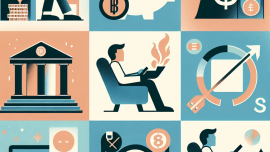
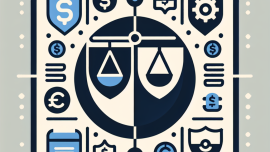
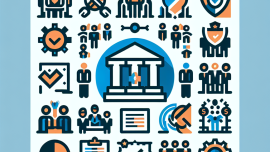
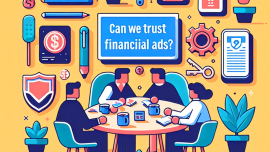

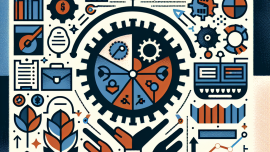
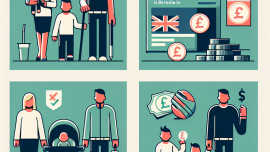
Leave a Reply